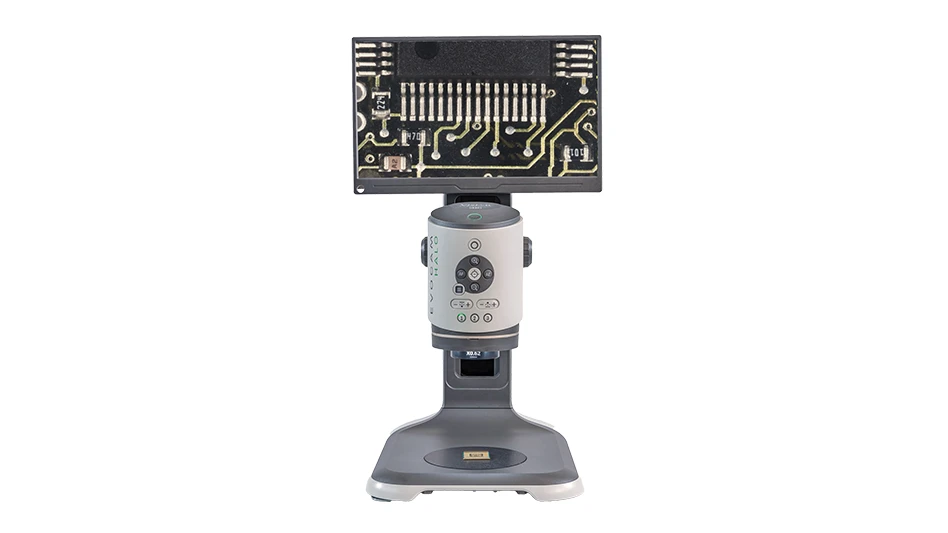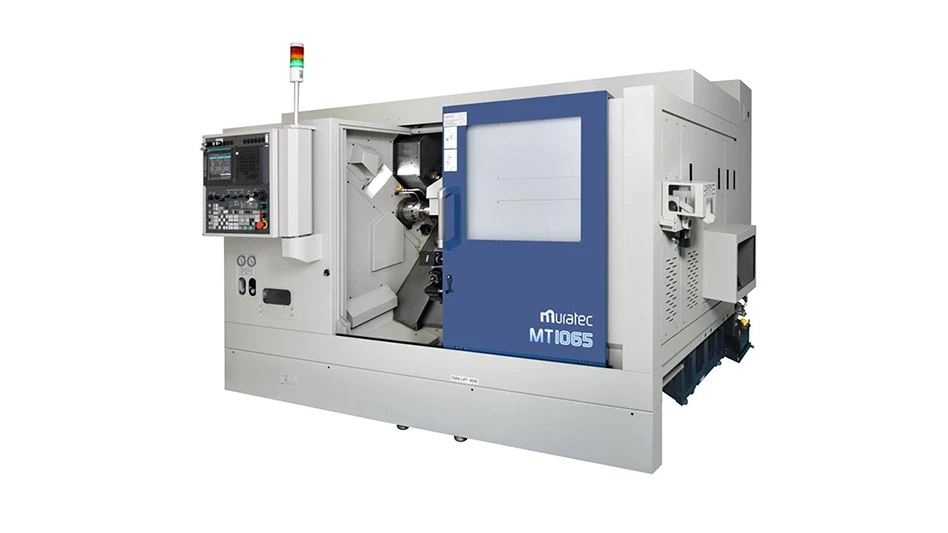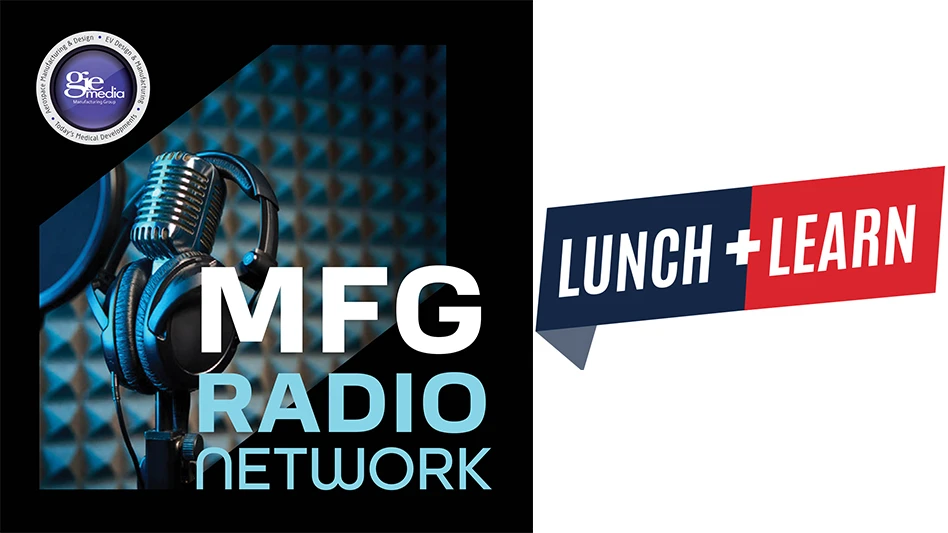
It's estimated more than 40 million U.S. surgical nurses spend between 15 and 30 minutes manually counting surgical sponges and instruments before, during, and after each operation. Not only is this time ill-spent, but infection is risked, malpractice suits are filed and repeat surgeries to remove material left behind are costly. Now using available radio frequency identification (RFID) tags on surgical sponges, all that needs to be done is to wave a battery-operated wand over the patient in order to detect any sponges left behind. RFID tags are used to identify a large number of retail products as well as by the pharmaceutical industry to protect against counterfeit drugs and to monitor them through the supply chain. Dr. Alex Macario at Stanford University conducted a test of the RFID-tagged sponges. Results of the test were published in the journal, Archives of Surgery and indicate 100% success in finding the RFID-tagged surgical sponges. Dr. Macario says that the technological portion was a concern at first, but the device worked every time. The study was funded by the National Institutes of Health and ClearCount Medical Solutions, the company that makes the device that it calls the SmartSponge System. Learn more at www.$1.com.

Explore the September October 2006 Issue
Check out more from this issue and find your next story to read.
Latest from Today's Medical Developments
- Dassault Systèmes enters next phase of Living Heart Project with AI-powered virtual twins
- Bruker’s X4 POSEIDON advanced X-ray microscope
- #53 - Manufacturing Matters - 2024 Leaders in Manufacturing Roundtable
- Festo Incredible Machine celebrates its premiere at the Hannover Messe
- Join us for insights on one of the hottest topics in manufacturing!
- Turnkey robotic systems are already behind the times
- You can still register for March’s Manufacturing Lunch + Learn!
- HERMES AWARD 2025 – Jury nominates three tech innovations





